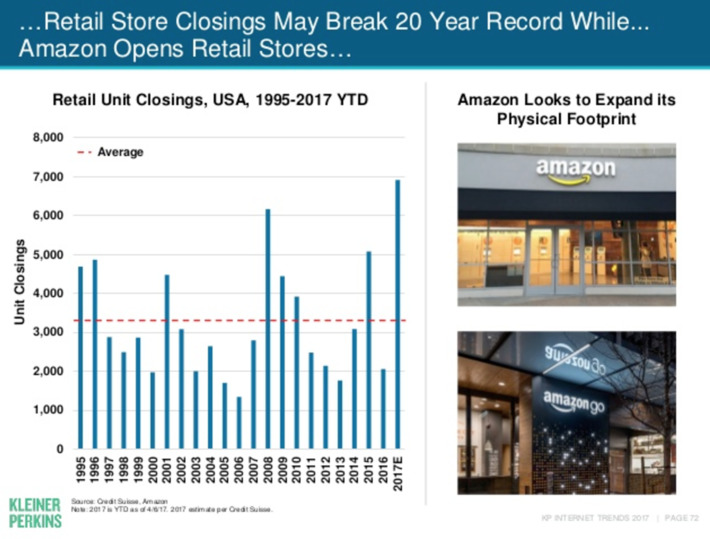In an ongoing effort with Boston-area hospitals, including the Boston Medical Center and the Brigham and Women’s Hospital, we found that we could predict hospitalizations due to these two chronic diseases about a year in advance with an accuracy rate of as much as 82%. This will give care providers the chance to intervene much earlier and head off hospitalizations.
Research and publish the best content.
Get Started for FREE
Sign up with Facebook Sign up with X
I don't have a Facebook or a X account
Already have an account: Login
Get weekly or monthly digest of all posts in your inbox: https://fmcs.digital/wim-subscribe
Curated by
Farid Mheir
 Your new post is loading... Your new post is loading...
|

Curated by Farid Mheir
Get every post weekly in your inbox by registering here: http://fmcs.digital/newsletter-signup/
|
















WHY IT MATTERS: would you allow an invasion of your privacy to improve your life expectancy? I assume most of us would say YES if assured that the information would remain secure and private. What technologies need to be put in place? Do we need government regulations to protect everyone equally? These are the real questions behind advances such as this one. Moreover are there solutions using blockchain technology to allow for this to become possible?